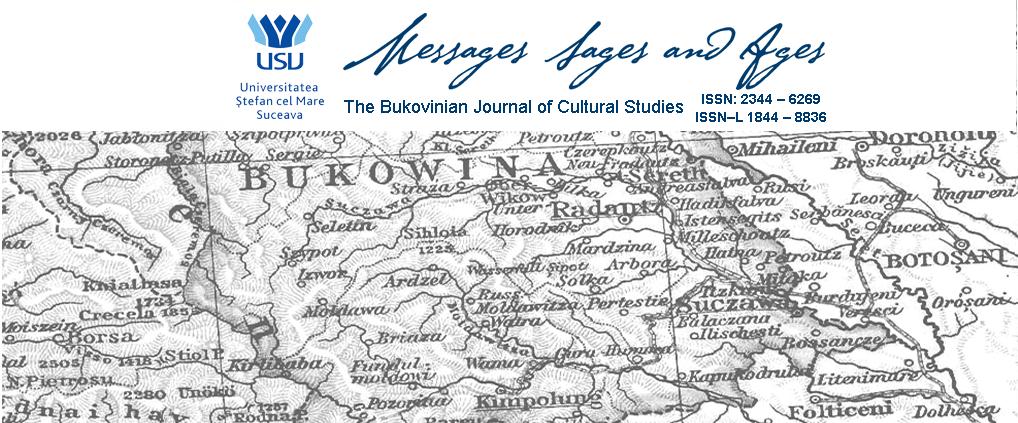The world delineated by Kazuo Ishiguro in Never Let Me Go determines the reader to question the way in which the human body is perceived in a world dominated by technology. The intoxicating presence of technology has made cloning possible, which leads to understanding the meaning of humanity differently by either attesting what we already know or reassessing new significances. This paper attempts to prove the way in which cloning places the individual in a non-human position – a position of otherness, which leads to a reconfiguration of the concept of humanity.
Cîrdei Evelina-Iulia received her BA (2014) and MA (2020) degrees from Ștefan cel Mare University of Suceava, Romania, in English and German language and literature. At the present, she is writing her doctoral dissertation on the topic of Rainer Maria Rilke’s reception in the Romanian culture, on the potential connections between his work and the work of Romanian poets. In reference to her scholarly interests, she has published the following articles: The Selfie Phenomenon and the Creation of a New Identity, The Deconstructive Nature of Discourse and Storytelling in “Atonement”, Novel and Film, An Analysis of the Concept of Otherness in Kazuo Ishiguro’s “Never Let Me Go”.
